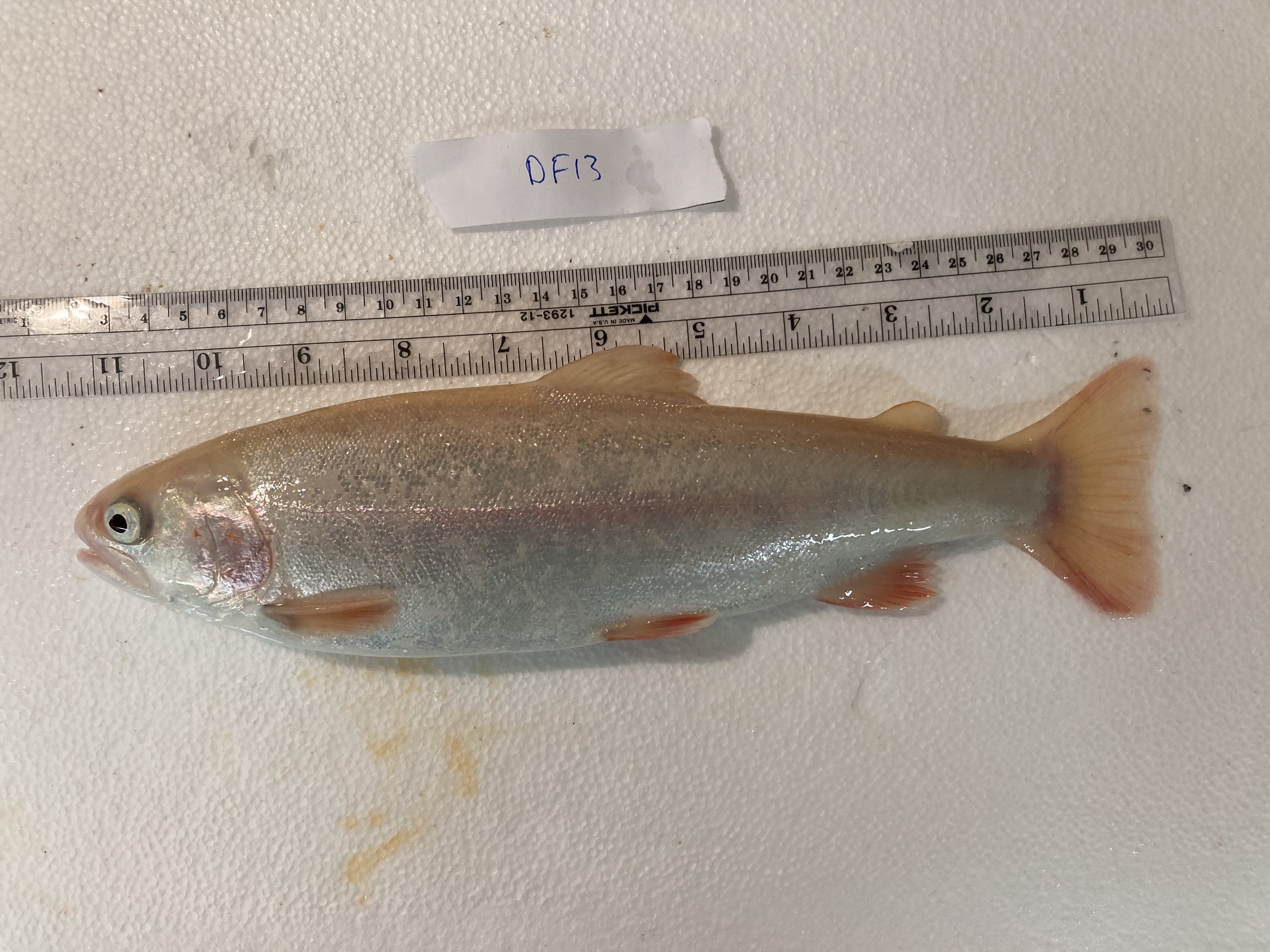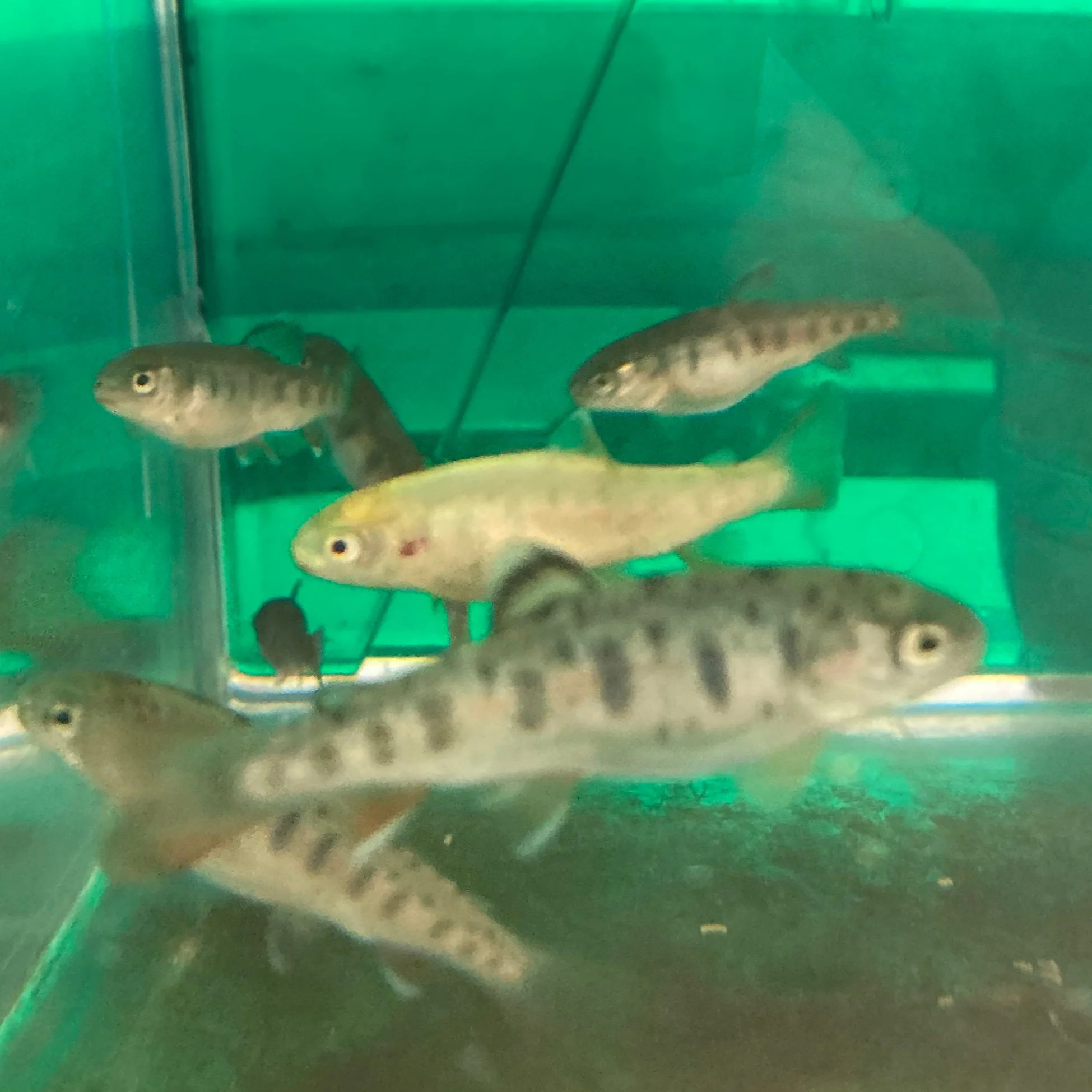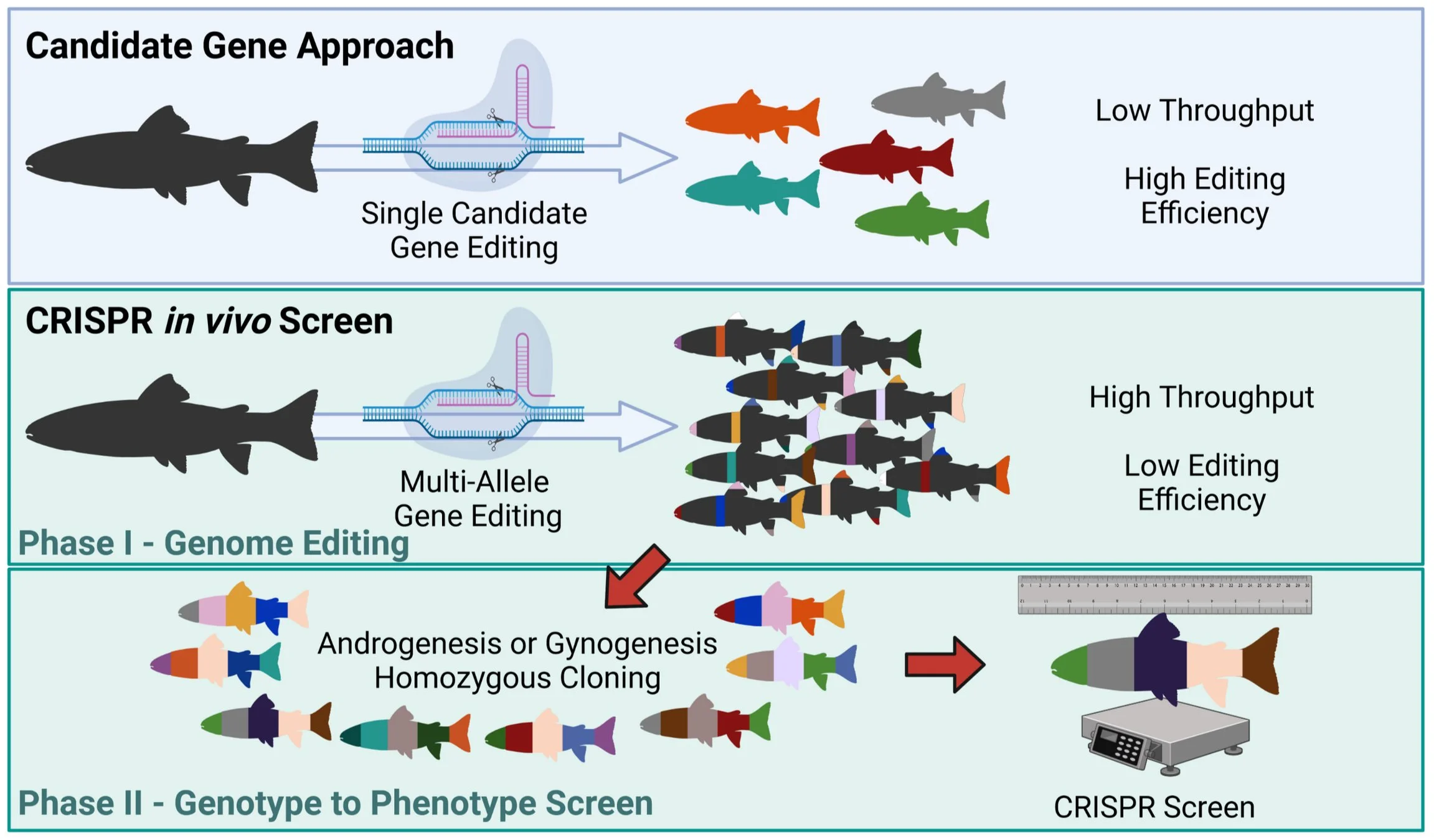The success of the Decode the Salmonid Genome Project will greatly benefit from the collective intellectual contribution of the global community of scientists, natural resource managers, and the aquaculture industry. Contribute your knowledge to help advance the project.




